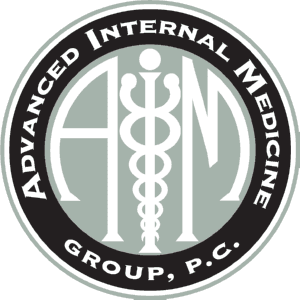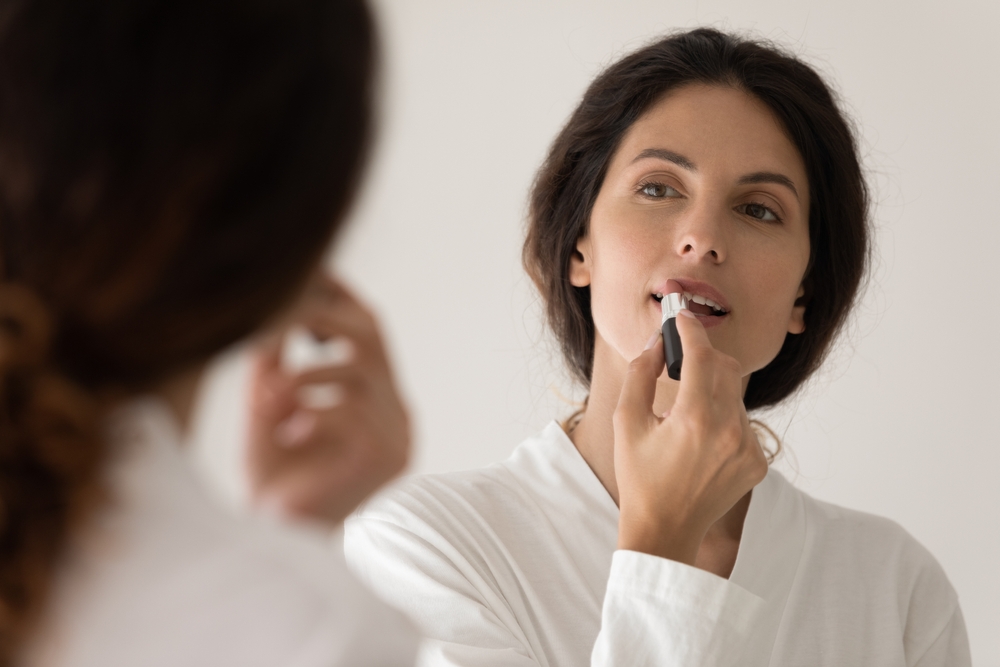Makeup can be a fantastic tool for self-expression, enhancing beauty, and boosting confidence. However, it can also harbor bacteria and fungi if not handled with proper hygiene. This can lead to skin issues such as acne, rashes, and even eye infections. To help you maintain a healthy makeup routine, let’s debunk some common myths that can jeopardize your skin health.
Myth #1: Makeup Doesn’t Expire
One of the most pervasive myths in the beauty community is that makeup products don’t expire. However, just like food, makeup has a shelf life. Using expired products can be harmful, as they can harbor bacteria. Here’s a general guide to when certain makeup products should be replaced:
- Foundation: Liquid foundation typically lasts 6 to 12 months, while powder foundation can last up to 2 years.
- Concealer: Liquid concealers should be replaced after 6 to 12 months, while stick concealers can last about 1 year.
- Powder Blush: Powder blush can last up to 2 years.
- Cream and Stick Blushes: Cream and stick blushes should be replaced every 12-18 months
- Liquid Eyeliners and Mascara: These products have the shortest lifespan and should be replaced every 3 to 6 months due to its proximity to the eyes and the risk of eye infections.
- Pencil Eyeliners and Brow Pencils: Every 12 months.
- Lipstick: Depending on the formula, lipsticks generally last between 1 to 2 years.
- Lip Gloss: Lip gloss should be replaced every 6 to 12 months.
- Eyeshadow: Powder eyeshadows can last up to 2 years, but cream shadows should be used within 12 months.
To avoid using expired products, mark your calendars or use a labeling system to keep track of when you opened each product.
Myth #2: You Don’t Need to Wash Your Makeup Brushes After Every Use
Another common misconception is that it’s unnecessary to wash your makeup brushes after every use. In reality, brushes can accumulate bacteria, dead skin cells, and oils, which can lead to breakouts and skin irritation.
While it’s not practical to deep-clean brushes daily, you should at least spot-clean them after each use, especially if they’re used for liquid or cream products. A quick wipe with a disinfecting wipe or a brush cleaner can significantly reduce bacteria levels. Aim for a thorough cleaning at least once a week to ensure your brushes are free from buildup.
Myth #3: Sharing Makeup Isn’t a Big Deal
Sharing makeup might seem harmless, but it can be a breeding ground for bacteria and viruses. When you share products like lipsticks, mascara, or even foundation, you risk transferring skin cells, oils, and bacteria that can lead to acne, rashes, and infections.
If you must share, use disposable applicators and avoid directly applying products to the skin. It’s always best to keep your makeup personal to protect your skin health.
Myth #4: Natural and Organic Makeup is a Better Choice
While the natural and organic beauty trend is appealing, it’s essential to remember that “natural” doesn’t always mean safer. Many natural ingredients can still cause allergic reactions or irritate sensitive skin. Additionally, natural products can still harbor bacteria if they are not preserved correctly.
Always check the ingredient list and do a patch test before using a new product, regardless of whether it’s labeled natural or organic. Be cautious of claims that sound too good to be true; just because a product is organic doesn’t automatically make it better for your skin.
Myth #5: Makeup Products with Fewer Ingredients are Better
Many people believe that makeup products with fewer ingredients are automatically better or safer. However, this isn’t always the case. Fewer ingredients can mean a lack of preservatives, which are essential for preventing bacterial growth.
Some products require certain ingredients to maintain their efficacy and safety. For example, many foundations and skincare products contain preservatives to prevent contamination. Choosing products should be about quality and safety rather than the quantity of ingredients. Always look for products with clinically tested ingredients and proper preservative systems.
Start Including Makeup In Your Hygiene Routine
Maintaining good hygiene practices surrounding your makeup routine can significantly reduce the risk of skin issues, including acne, rashes, and eye infections. By debunking these common myths, you can make informed choices about your beauty products and protect your skin health.
Remember to check expiration dates, clean your brushes regularly, avoid sharing products, and be cautious with natural and minimal-ingredient claims. Taking these steps will help you enjoy makeup without compromising your skin’s health.
By being informed and vigilant about your makeup hygiene, you can enhance your beauty routine while minimizing the risks to your skin. Embrace the art of makeup, but always prioritize your skin’s health first!
AIM Group Offers Primary Care & House Calls In East Hills, NY
At Advanced Internal Medical Group in East Hills, NY we have 40 years of experience providing care with over 20 services in primary care, house call appointments, and more. To learn more about any of our services, call 516-352-8100 to speak with one of our team members.

